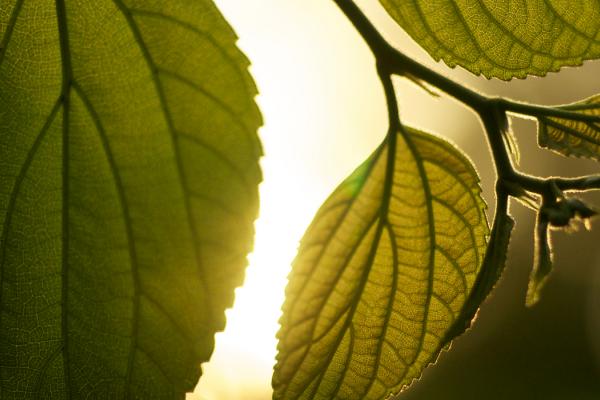My husband and I have committed to life responsibilities in reverse. First, we gave birth to two human lives, then we brought home a puppy, and recently, we finally invested in some house plants. We haven’t much luck keeping plants alive so this time we’re determined to steward these plants well.
We chose plants known for their ability to recycle toxins in the air to fresh oxygen. Yet, after just a few days, one plant started withering, turning brown along the edges of its leaves, so we moved it outside hoping the sun could pump some vitality back into its drooping fronds. Sure enough, it came to life again, so we moved it back inside our home, this time, placed in better contact with direct sunlight.
See, we needed the plant to sustain our breathing space but we had to ensure its needs were met first. Only when the plant thrived could it cleanse our air. Our mutual flourishing depended on serving each other’s needs.
I’m not sure when Christian stewardship of our environment turned into domination. When did stewardship become the trump card to pillage, plunder, and drain resources from our earth? I believe the theology of rapture, leaving a burning earth behind while our souls are whisked into a separate realm, certainly contributed to warping the definition of stewardship. Also, when caring for the environment was framed as a liberal cause, it turned the earth into a political and cultural pawn when it is a shared responsibility by every citizen of the planet. The wedge between religion and science has made constructive dialogue over best care practices for the earth impossible as we lose common language with which to even begin speaking to one another.
To tell a Christian story about environmental care, we must redefine Christian stewardship. For a movement to attach Christ’s name to it, it must embody the spirit of Jesus as one who gave away his power. Christian stewardship, then, is not dominating with power, but yielding with care. First, we must listen to what the natural world is telling us and respond to it accordingly, not only because we ought to be tenderhearted people, but because it ensures our mutual flourishing.
And the world is speaking to us all the time — poetically and through data. The hard numbers are telling us how many species and forest acres we are losing. They’re telling us how much our sea levels are rising and how much time we have before the earth warms to a tipping point that leads to mass destruction.
Our planet is not an inanimate object — it is alive and responds to our interaction with it. Our relationship with the earth should be a partnership for mutual flourishing. Christian stewardship of our environment is about giving power away, holding our profit margins loosely, and listening first to the needs of the living planet we inhabit.
How ironic it is that the people who are most fearful of going to hell have no heat sensitivity to our warming earth. Those who are most resistant to believing in the science of climate change are typically the “turn or burn” brand of fundamentalist Christians with evangelical fervor to save souls for Jesus. As with other social justice issues, I do not think there needs to be an either/or binary between our spiritual salvation and pursuing shalom in our physical world. Regardless of our beliefs about the afterlife, we still shoulder a responsibility to do right for our world now as well as for subsequent generations.
As we tackle a grave ecological crisis today, the time is now for us to reclaim some of the urgency we were taught in evangelicalism. The turn or burn metaphor is closer to describing what climate scientists are telling us. Unless we reverse our human activity that injects CO2 into our atmosphere, the rising temperatures of our earth will cause destruction. It’s always worth noting the suffering will first come upon the poorest and most vulnerable among us.
Our stewardship must drive us. Our compassion must compel us. Our urgency should pressure us to collectively change our ways of living on this planet for mutual flourishing. To be a Christian steward is to give up our power to dominate — the way of Jesus leads to life.
Got something to say about what you're reading? We value your feedback!

